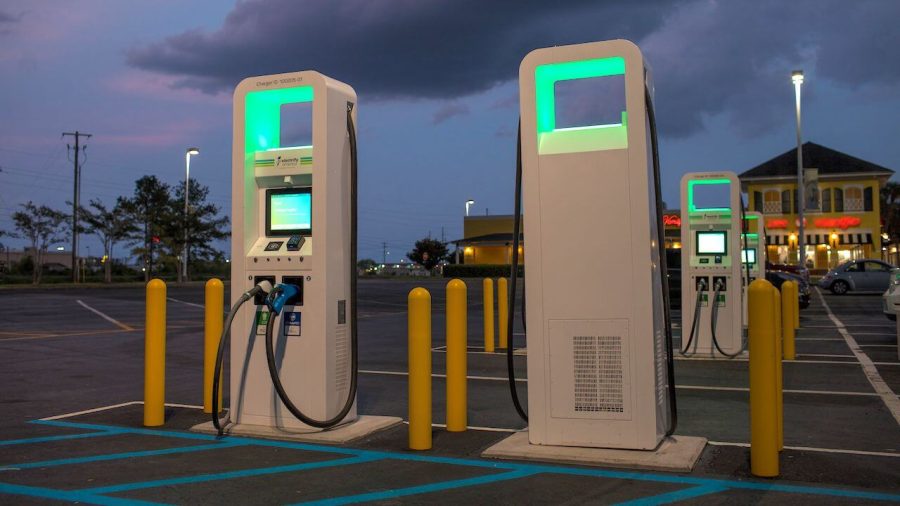International roaming between charging points is a solution that started to be evaluated in 2018 and, over time, proved to be a solution for paying for charging in another country.
It is already starting to be applied in several European countries, where communication with the supplier and payment for the energy supplied becomes easier.
«What we have seen is that EU decision-makers don’t understand roaming very well,» Lucie Mattera, General Secretary of ChargeUp Europe, told Portal Movilidad España.
The AFIR proposal somewhat overlooks the value of roaming, Mattera says, when it should recognise the important role that the subscription-based payment model plays in electric vehicle charging and the significance it has for the future.
It has many advantages and plays a crucial role in the functioning of the market; it not only provides value-added services to B2B and B2C customers, but also enables smart charging and ensures that electric vehicles are a productive part of the energy system.
ChargeUp Europe has called on EU policy makers to include provisions in AFIR to ensure the availability of roaming and subscription services at publicly accessible charging stations.

Lucie Mattera, General Secretary at ChargeUp Europe.
This would include helping to provide full coverage of the charging infrastructure and allowing consumers to choose for the conveniences and benefits offered by subscription services.
«Over the last few years we have had extensive and constructive contact with the AFIR Commission, both on a technical and political level,» Mattera says of the negotiations to establish the regulation that is currently under review.
We often hear from the Commission that our sector is strategic to the success of Europe’s dual green and digital transition, and we strive to act as a constructive and useful stakeholder in our ongoing dialogue with the Commission,» he says.
ChargeUp Europe claims to have «deployed efforts» to explain to the authorities how the sector works and the different business models that can be found there.
The Secretary General also says that AFIR is very much a governance framework: it sets targets and then puts the onus on Member States to develop national plans to meet them.
«Its adoption will also open the door to a series of technical implementing texts; ChargeUp Europe will continue to be actively involved in shaping that stage, in particular through its role in the Commission’s Sustainable Transport Forum,» says Mattera.
Examples of roaming
In Germany, several charging point roaming systems have been implemented to facilitate the charging of electric vehicles across the country.
One example of this is «intercharge» developed by the German company Hubject. Intercharge allows EV drivers to access more than 150,000 charging points across Europe through a single payment platform and without the need to register at each charging station.
Another example is the «e-roaming» roaming system developed by the German Association of the Automotive Industry (VDA).
France has also developed several roaming systems throughout the country. Some of the most prominent systems are:
- «Corri-Door» roaming developed by the French company Sodetrel in collaboration with other charging service providers. It allows access to more than 250 fast charging stations across the country, with a single payment card or mobile app.
- The «GIREVE» system developed by the French company of the same name. This system connects electric vehicle drivers to more than 55,000 charging points across Europe, including more than 5,000 in France.




















